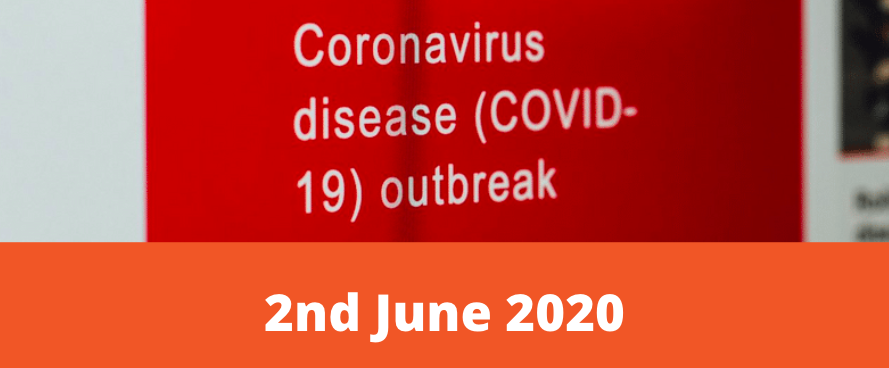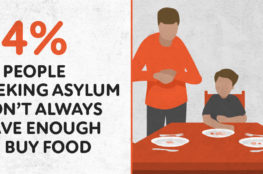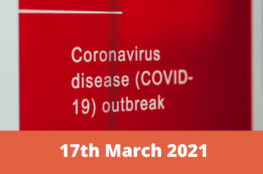Our weekly summary of ongoing advocacy initiatives, interesting surveys and research, government developments and useful resources. Contact us if you’d like to get this update directly into your inbox!
1. Ongoing advocacy initiatives
Continued advocacy on asylum support rates
Calls to lift NRPF restrictions
Experts by experience call on Priti Patel for release of immigration detainees
Home Office policy on application fees unlawful
Independent Board of Monitors reports on removals
2. Ongoing Surveys
3. Home Office and Government Developments
Statistics on COVID-19 and the immigration system
- Although there had been a general upward trend in the number of asylum applications since mid-2018, the number of applications fell sharply in the UK following the start of the COVID-19 pandemic. In the four weeks prior to lockdown, there were around 2,500 applications, however in the first four weeks of lockdown there were less than 800, a fall of 69%.
- There were around 300 initial decisions made on asylum applications in the first four weeks of lockdown. This was around one sixth of the number in the four weeks prior to lockdown.
- Due to COVID-19 related restrictions on movements both overseas and in the UK, it is not currently possible to undertake any resettlement activity. As a result, there have been no refugees resettled in the UK since 12 March 2020, following the outbreak of COVID-19. All refugee resettlement arrivals to the UK planned prior to the current crisis have now been cancelled. Resettlement arrivals are due to restart as soon as conditions allow.
4. Resources
Refugee Week is only a few weeks away, and is holding its first ever virtual edition inviting people to connect across borders and distance, and together imagine a different world. See here for six ways to get involved!
The Institute for Community Research and Development at the University of Wolverhampton alongside Project 17, ASIRT, Migrants Rights Network and PILC has published interim findings on a project aiming to understand the impact of Coronavirus on people with NRPF, and the response of Local Authorities, with the intention of identifying areas of good practice. The interim findings are: a lack of publicly available information for people with NRPF published by Local Authorities; a lack of updated information from Local Authorities re NRPF since the pandemic; a disproportionate amount of those with NRPF likely to get seriously ill; and people with NRPF struggling to access food, shelter and subsistence support during the pandemic. The interim report can be viewed here.
A European Asylum Support Office Special Report highlights that the risk of COVID-19 taking hold in lower income countries, as well as leading to more insecurity, could result in increases in asylum applications within the EU in the medium term. There has been a dramatic 43% decline in the asylum applications in the EU+ in March, due to national measures being taken as a result of the pandemic.
Oxford Migration have a free digital conference this week, ‘Reimagining Migration Narratives’, which will bring together academics, researchers, practitioners and artists each day to explore 5 themes through interdisciplinary panel discussions: Migration & the Arts; Representation & Identity; Knowledge Production & Methodology; Storytelling; and Policy & Migration. You can book your tickets here.
4. What we’ve been reading (or watching)…
ITV news reported on how four families living under one roof in asylum accommodation in London are finding it impossible to practice social distancing at this time and the plight of people with NRPF in the city. Meanwhile, Wales Online highlighted a story of refugees in Ceredigion feeding their community.
On ITV’s Calendar news programme for Yorkshire, Frogh – a public health expert from Afghanistan – spoke of her frustration at being prevented from helping in this time of crisis by the Government’s rules on the right to work for people seeking asylum.




